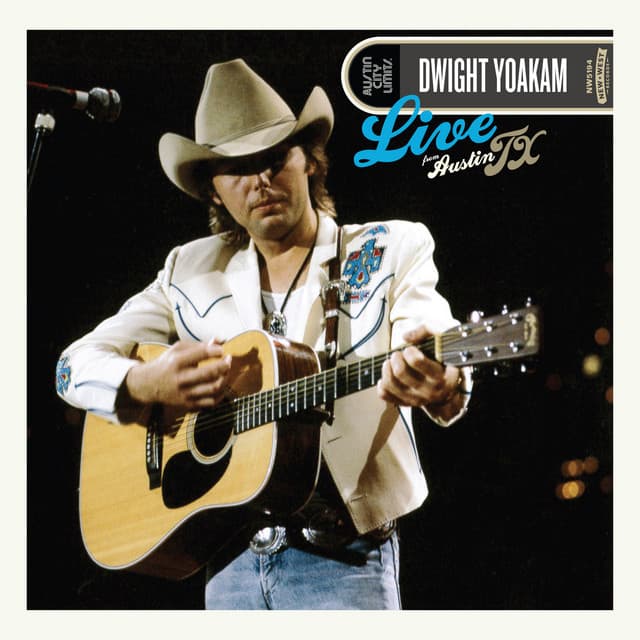
A Twang of Defiance, a Ballad of Southern Pride: When a Song Ignited a Firestorm of Controversy.
“I Sang Dixie,” a raw and unapologetic expression of Southern identity and a defiant stand against cultural erasure, ignited a firestorm of controversy while simultaneously solidifying its place as a powerful, albeit divisive, country anthem. This 1988 single by Dwight Yoakam reached number one on the Billboard Hot Country Singles chart, demonstrating its immediate impact and the fervent response it elicited. It’s a song that grapples with the complexities of regional pride, the delicate balance between honoring tradition and confronting the painful legacy of the past. It’s a song that transforms a personal recollection into a cultural lightning rod, sparking a debate that continues to resonate today.
Imagine a dusty honky-tonk, the air thick with the scent of whiskey and the echoes of a bygone era. Dwight Yoakam, his voice a blend of twang and raw emotion, delivers a performance that’s both defiant and deeply personal. He sings of a childhood memory, a moment of innocent connection to a song that symbolized a shared heritage. But beneath the surface of nostalgia lies a deeper, more complex narrative, a confrontation with the cultural shifts that were reshaping the American South. The song, featured on his album “Buenas Noches from a Lonely Room,” wasn’t just a country tune; it was a cultural statement, a raw and unvarnished expression of regional identity in a rapidly changing world.
The song’s genesis, within the context of Yoakam’s career, marked a period of artistic exploration and social commentary. He was known for his neo-traditional country sound, a blend of Bakersfield twang and rockabilly energy. But with “I Sang Dixie,” he ventured into more controversial territory, tackling the complexities of Southern identity with a raw honesty that was both compelling and provocative. He wasn’t afraid to challenge the prevailing narratives, to explore the gray areas of cultural memory and the delicate balance between honoring tradition and confronting the painful realities of the past.
For those of us who remember the late 1980s, “I Sang Dixie” evokes a sense of cultural tension, a time when the South was grappling with its own identity in the face of rapid social change. It was a time when the lines between tradition and progress were often blurred, and when expressions of regional pride could be interpreted as acts of defiance. Yoakam’s performance, with its raw energy and unapologetic lyrics, captured the spirit of this era, offering a moment of cultural reflection and debate. It was a song that spoke to the deepest longings of the human heart, the desire for belonging, for identity, and for a sense of connection to one’s own heritage.
The song’s enduring appeal lies in its ability to spark conversation and challenge prevailing narratives. It’s a reminder that even in a world that often seeks to simplify complex issues, there are still gray areas, nuances that demand careful consideration. It’s a song that transcends generations, speaking to the ongoing debate about cultural identity and the delicate balance between honoring tradition and confronting the painful realities of the past. And even today, decades later, “I Sang Dixie” retains its power to move and provoke, its raw honesty and heartfelt vocals offering a moment of cultural reflection, a moment of shared vulnerability. It’s a testament to the power of country music to tell stories, a reminder that sometimes, the most profound expressions are the ones that challenge our assumptions and force us to confront uncomfortable truths. It’s a song that serves as a raw, honest exploration of cultural identity, a reminder that the past is never simple, and the present is always a complex tapestry of conflicting narratives.